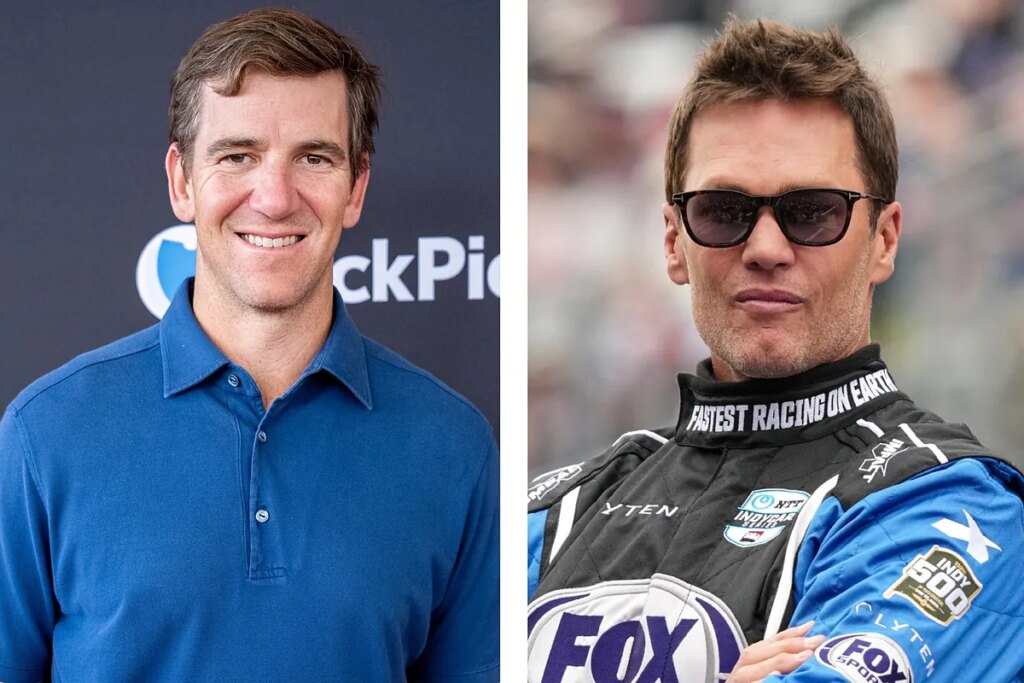NFL legends Tom Brady and Eli Manning find themselves in very different situations when it comes to franchise ownership. Brady recently secured a minority stake in the Las Vegas Raiders, a deal valued at around $3.5 billion, but not without criticism.
Pro Football Talk’s Mike Florio labeled the transaction “embarrassing,” questioning how the Raiders handled the valuation and transparency of Brady’s buy-in. Meanwhile, Manning confirmed he’s stepping away from a potential ownership role with the New York Giants, citing the franchise’s hefty valuation as a deterrent.
According to Florio, the Raiders may have offered Brady a steep discount to make the purchase work, raising eyebrows across the league. He implied that Las Vegas is using Brady’s name as a promotional tool rather than focusing on the business fundamentals of the agreement.
His concern: the team could end up attributing all major decisions to Brady-whether or not he’s actually involved-creating potential for blame if those moves don’t succeed. Florio predicted a narrative of “what Brady wants, Brady gets,” warning that it might distort the team’s direction and fan expectations.
Different legends with different approaches
While Brady moved aggressively into ownership, Manning has taken a far more cautious route. Speaking to CNBC, Manning revealed that he decided not to pursue a stake in the Giants, calling the investment “too expensive.”
With the franchise reportedly valued at around $10 billion, even a small percentage requires a massive capital commitment. Manning pointed out that a 1% stake could cost upwards of $100 million-more than what many former players are willing to spend, even those with Super Bowl rings.
Manning also cited lifestyle and career balance as key factors. He continues to work as a broadcaster and participate in other off-field ventures, which could conflict with the responsibilities tied to NFL ownership.
Brady, on the other hand, has managed to navigate both worlds-securing approval to remain in his broadcasting role while holding a minority stake.
These contrasting decisions reflect more than just different financial strategies-they also highlight personal priorities and how each player views their post-playing career. Brady used his star power and NFL relationships to negotiate a discounted path into team ownership. Manning, however, has chosen to avoid the complexities and potential conflicts that can come with such a high-profile investment.
As ownership opportunities become more common for retired stars, Brady and Manning show that the decision isn’t one-size-fits-all. Whether it’s about money, legacy, or personal flexibility, how legends approach ownership is as individual as their playing styles once were.
Read the full article here

